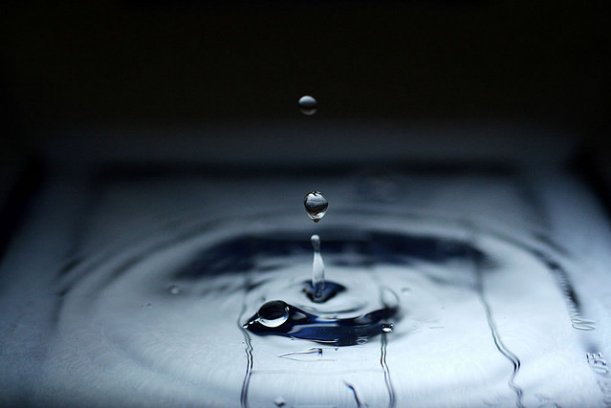
TenCate supplies carbon fibre materials for Delft Hyperloop pod
The entry 'Vertical sand-tight geotextile' submitted by the Rivierenland Water Board in the Netherlands, has won the Water Innovation Award for 2013 in the category Dry Feet. The chair of the jury, Annemieke Nijhof of Tauw Group B.V., called the geotextile produced by TenCate Geosynthetics “the most innovative idea that can be used within the duties and responsibilities of Dutch water boards”.

13th December 2013
Innovation in Textiles
|
Almelo
The entry 'Vertical sand-tight geotextile' submitted by the Rivierenland Water Board in the Netherlands, has won the Water Innovation Award for 2013 in the category Dry Feet.
The chair of the jury, Annemieke Nijhof of Tauw Group B.V., called the geotextile produced by TenCate Geosynthetics “the most innovative idea that can be used within the duties and responsibilities of Dutch water boards”.
Piping is a major failure mechanism in dykes, in which water seeps through an embankment, dyke or other engineering structure as a result of a huge difference in the level of the water on either side, TenCate reports.
The flow of water under the dyke may be so great that sand boils that carry along sand particles occur on the polder side of the dyke. Because sand is carried along with the flow, 'pipes' - tubular openings - are created under the dyke that may cause it to burst.
Vertical sand-tight geotextile is said to be an innovative preventive measure used to avert piping. Together with Deltares, the Department of Waterways and Public Works in the Netherlands, TenCate Geosynthetics and others, the Rivierenland Water Board has developed and tested this vertical sand-tight geotextile.
The protective principle of the vertical sand-tight geotextile is based on the fact that the geotextile filter allows water, but not sand, to pass through.
A pipe, which develops on the polder side, is stopped by the geotextile, thus ensuring that the sand remains trapped under the dyke and that piping cannot occur. This solid solution is said not to be dependent on a minimum requirement for seepage length. The technique was derived from TenCate Geotube technology.
By combining this geotextile preventive measure with TenCate GeoDetect technology, the functionality of the filter is combined with sensors, which monitor the stability of the dyke, the company reports.
Both vertical sand-tight geotextile and TenCate GeoDetect are solutions that, due to the small amount of space they occupy, are expected to increase both the feasibility of dyke improvement and cost effectiveness.
In principle geotextile solutions for water management have a low carbonfootprint. They are said to be sustainable and durable alternatives to traditional solutions used in dyke improvement and land reclamation.

Business intelligence for the fibre, textiles and apparel industries: technologies, innovations, markets, investments, trade policy, sourcing, strategy...
Find out more